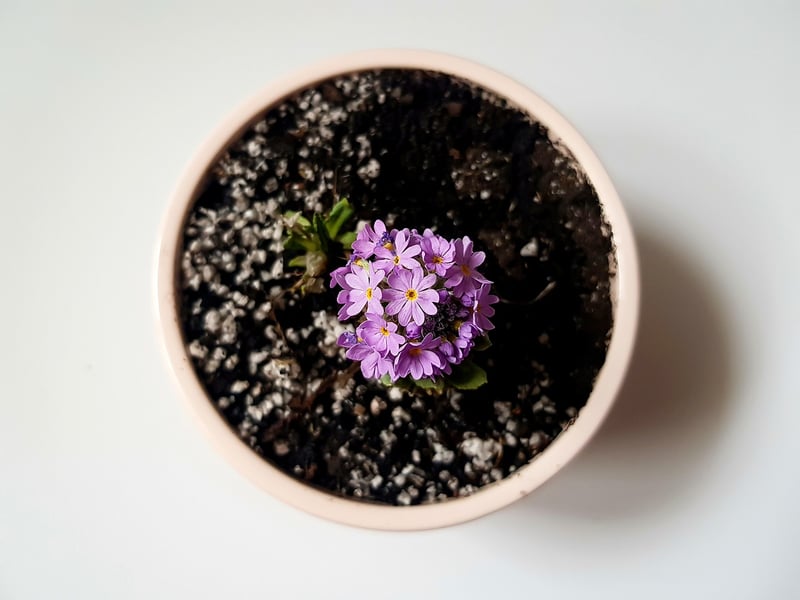Watering Needs
Essential Plant Care Advice: Watering Needs
Proper watering is crucial for the health and growth of your plants. Understanding the watering needs of different plant species is essential to ensure they thrive. Here are some general plant care tips and watering guidelines to help you maintain a green and vibrant indoor or outdoor garden.
1. Know Your Plant's Watering Needs
Plants have varying watering requirements based on their species, size, and environment. Research the specific needs of each plant you own to avoid overwatering or underwatering.
2. Check the Soil Moisture
Before watering your plants, always check the soil moisture level. Stick your finger into the soil about an inch deep. If it feels dry, it's time to water. If it's still moist, hold off on watering to prevent root rot.
3. Watering Frequency
Establish a watering schedule based on the plant's needs and environmental conditions. Some plants require frequent watering, while others prefer drier soil between watering sessions.
4. Watering Techniques
When watering, aim to moisten the entire root ball. Water thoroughly until you see water coming out of the drainage holes at the bottom of the pot. This ensures deep root hydration.
5. Use the Right Watering Tools
Choose appropriate watering tools like watering cans, hoses, or spray bottles based on the plant's size and water requirements. Water gently to avoid damaging delicate plants.
6. Consider the Season
Adjust your watering frequency based on the season. Plants may need more water during hot summer months and less during the cooler winter season.
7. Monitor Plant Health
Regularly inspect your plants for signs of overwatering or underwatering such as yellowing leaves, wilting, or mold growth. Adjust your watering routine accordingly to address any issues.
8. Use Quality Soil and Drainage
Ensure your plants are potted in well-draining soil to prevent waterlogging. Good drainage is essential to avoid water accumulation around the roots, which can lead to root rot.
9. Consider External Factors
Factors like humidity levels, air circulation, and sunlight exposure can impact your plant's watering needs. Take these environmental factors into account when determining your watering schedule.
By following these plant care tips and watering guidelines, you can help your plants thrive and flourish, creating a lush and beautiful garden space.

Remember, each plant is unique, so observe and learn from your plants to provide them with the care they need to grow healthy and vibrant.
Happy gardening!
